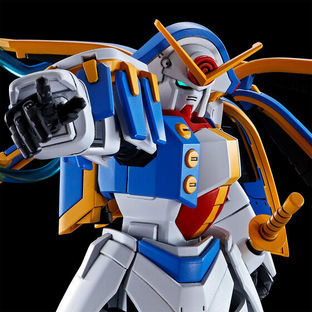Agree with it or not, I think it makes sense to say that Char should have killed Garma, Kycilia, and Mineva. But I don't think there's a workable path where it makes sense to leave the adult heirs alive, as long as you kill the little girl.
I was mainly arguing from the idea that Char is, when first introduced, as this force, this elite fighter of the enemy. Who, in the end, simply doesn't achieve much of anything, at least in the first show. He is never able to stop the White Base and Amuro, and he isn't able to get rid of the Zabi family, while also doing horrible things in their name (for a goal that he doesn't reach).
I totally agree, that, if his goal is to get rid of the Zabis, he has to kill all of them. Including someone who is still a kid. Which is horribly unfair against Mineva, but there is a reason why, throughout our History, this very thing happens again and again. IF this is his goal. What he did was essentially half-heartedly, not being able to finish his job. Which is fair, characters are flawed, and destroying airships and mobile suits is a different thing from killing a person you see in front of you. Especially if said person is a small child. I'm not judging Char here, just found it interesting how his achievements aren't reflective of his introduction.
Meanwhile, if you do the math, Haman Karn was like 14 or so at the end of the One Year War and when she was thrust in a leadership position for Neo Zeon. And it's strongly implied that Char had a romantic relationship with her when she was an underaged teenager which is a big bundle of yikes. Even if it wasn't, he was still in a position to help guide her towards not being a dictatorial despot and instead left her to fend for herselves in a ravenous wolves' den.
This here is way more of a problem. It just feels like he ran away from the responsibility that he, fair or not, was his.
I want to say more here, but my thoughts are still a mess.
So yeah. I really find Tomino's oeuvre pretty engaging to watch because there's multiple levels you can dig into if you want. But they're also at the most basic level, still pretty simple stories that when you boil them down to their basics, have fairly simple and easy to digest themes/plots.
Sure, that's why I would have loved to have watched the show as a teenager. I wouldn't have cared about all the details I'm missing. Now, I just tend to go way too deep into things, hoping not to miss anything. So shows like Gundam ones, which offer so, so many details, are always feeling like I miss out on things that would be interesing for me.
In light of how Amuro steps out of the prison that is his past, I assume it's fair to say that Char does the same. There is clearly a connection between the two, still, with both being scared in different ways from the war. Dunno, I like that reading, I'll just stick with that for now.
BTW, the show seems to still have problems not making the evil characters look also kinda cool. It might be because I didn't pay enough attention, but Haman, while obviously a horrible person, also always seemed pretty cool. It just felt like she was in control, in a way neither the Titans nor AEUG were during most of the show.
On the other side of villains, we have Jerid, who feels like a lame version of Char, always assuming a rival role with Camille, who doesn't care much for him, at all. Jerid always felt like a nuissance, nothing more. It just felt so pathetic, having this burning hatred of Camille, just because he was punched by him at the start of the show. And then beaten again and again, but it never made him look any less pathetic to me. I feel like there is some interesting contrast, between the relationship of Amuro and Char in the original series, and Camille and Jerid here, more than I can see here.
Also, I felt like the Gundams themselves were depicted even stronger as just weapons of mass destruction than in the original show. Back then, they were also shown that way, but you had again and again new models with new, cool weapons or abilities, which made it harder to look at them just as these awful things that are, essentially, just killing people.
But we get a lot of different models in Zeta too, so maybe that's just me.
Also, pretty great intros, I thought.
